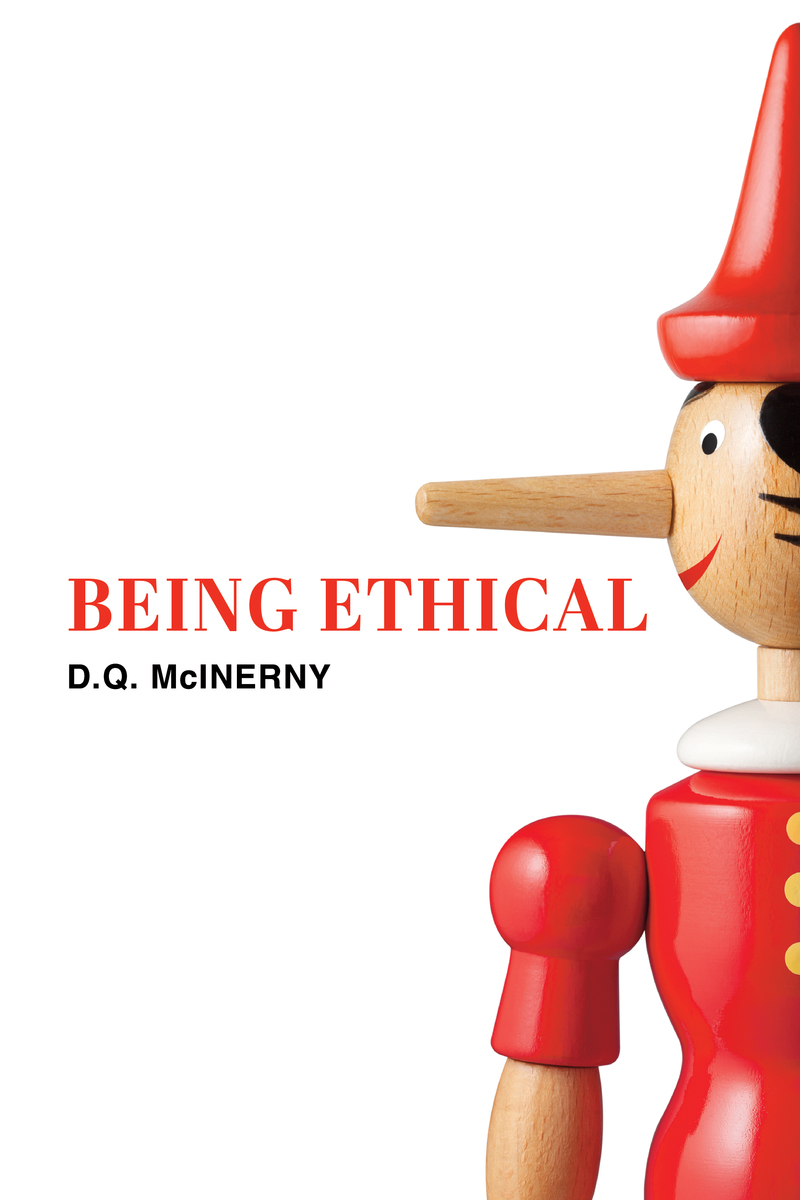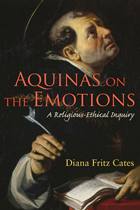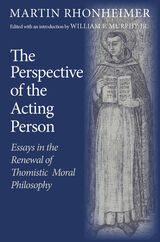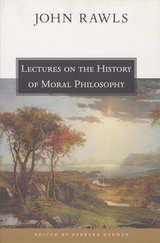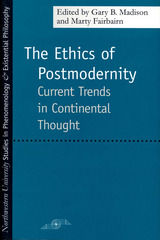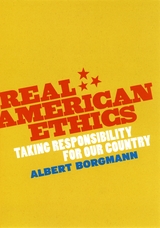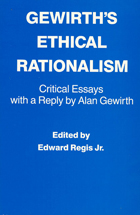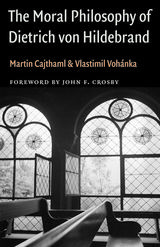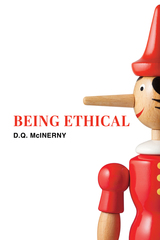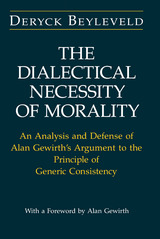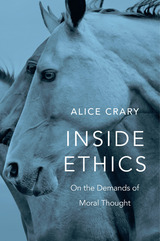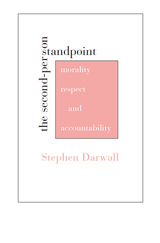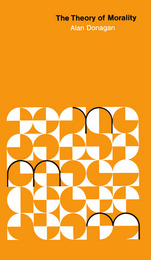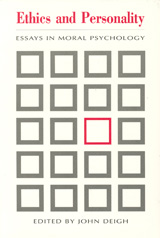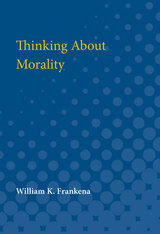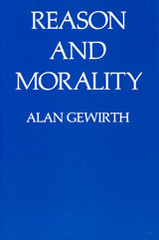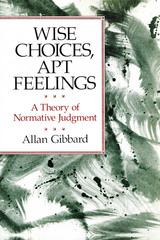Being Ethical
St. Augustine's Press, 2020
eISBN: 978-1-58731-070-6 | Paper: 978-1-58731-069-0 | Cloth: 978-1-58731-068-3
Library of Congress Classification BJ1012
Dewey Decimal Classification 170
eISBN: 978-1-58731-070-6 | Paper: 978-1-58731-069-0 | Cloth: 978-1-58731-068-3
Library of Congress Classification BJ1012
Dewey Decimal Classification 170
ABOUT THIS BOOK | AUTHOR BIOGRAPHY | TOC
ABOUT THIS BOOK
A hallmark of Western culture is a massive moral confusion, rendering the very idea of virtue “exotic and incomprehensible.” McInerny here drags the conversation back to the beginning, establishing the terms and the tools of what it means to think and to do what is moral. As he asserts, the virtuous life and the moral life are one and the same. To be moral is to be good, and the goodness of one’s acts reflects the fundamentals of thought placed in the service of a pursuit of a virtuous life. Why is the concept of a virtuous life so foreign to many? We do not know the basics of a moral life. As McInerny states, “To be good we have to know what that means.”
The two biggest judgments one will make during life pertain to knowing what is good, what is bad, and the difference between the two. This bleeds into a study of morality and ethics when it pertains to concrete acts, but in reality all aspects of our lives bear on these judgments. “Being ethical is not simply a state of mind, it is a state of being, a way of living one’s life that reflects the fundamental principles of ethics [...] [it is one] who lives in a certain way.” Nevertheless, the subject of this book focuses on ethics––namely, the goodness or badness of human acts. McInerny’s great reason for writing this work is to teach the reader that he or she cannot properly tackle ethical questions (even if they are not identified as such) if one is not himself or herself actually ethical (living virtuously).
Writing very much as a teacher of teachers, McInerny relies on the foundations of Aristotle and Thomas Aquinas, as well as his late brother, Ralph McInerny, to reiterate the principles of ethics that inform both thought and act. To speak of ethics, then, is to admit a commitment to virtue and how the theoretical distinction of good and bad is necessarily practical. Acting well will lead to thinking better, but McInerny notes that culture has lost sight of the former and thereby the coherency to address ethical questions. Being Ethical aims to correct this disconnect in forty-eight cogent lessons.
Being Ethical is fundamentally intended to serve as a sequel to D. Q. McInerny’s Being Logical (Random House, 2004), which has remained in print and has been translated into six languages. Its style lends itself to being used as a textbook in liberal studies. More generally, it is a refreshing presentation of this topic and timely and timeless exhortation to readers of the necessity of a love of virtue for ethical thought. For friends and students of Aristotle, Thomas Aquinas and Ralph McInerny, this book bears a style and manner that is both familiar and much loved.
The two biggest judgments one will make during life pertain to knowing what is good, what is bad, and the difference between the two. This bleeds into a study of morality and ethics when it pertains to concrete acts, but in reality all aspects of our lives bear on these judgments. “Being ethical is not simply a state of mind, it is a state of being, a way of living one’s life that reflects the fundamental principles of ethics [...] [it is one] who lives in a certain way.” Nevertheless, the subject of this book focuses on ethics––namely, the goodness or badness of human acts. McInerny’s great reason for writing this work is to teach the reader that he or she cannot properly tackle ethical questions (even if they are not identified as such) if one is not himself or herself actually ethical (living virtuously).
Writing very much as a teacher of teachers, McInerny relies on the foundations of Aristotle and Thomas Aquinas, as well as his late brother, Ralph McInerny, to reiterate the principles of ethics that inform both thought and act. To speak of ethics, then, is to admit a commitment to virtue and how the theoretical distinction of good and bad is necessarily practical. Acting well will lead to thinking better, but McInerny notes that culture has lost sight of the former and thereby the coherency to address ethical questions. Being Ethical aims to correct this disconnect in forty-eight cogent lessons.
Being Ethical is fundamentally intended to serve as a sequel to D. Q. McInerny’s Being Logical (Random House, 2004), which has remained in print and has been translated into six languages. Its style lends itself to being used as a textbook in liberal studies. More generally, it is a refreshing presentation of this topic and timely and timeless exhortation to readers of the necessity of a love of virtue for ethical thought. For friends and students of Aristotle, Thomas Aquinas and Ralph McInerny, this book bears a style and manner that is both familiar and much loved.
See other books on: Ethics | Ethics & Moral Philosophy | McInerny, D. Q. | Philosophy
See other titles from St. Augustine's Press
